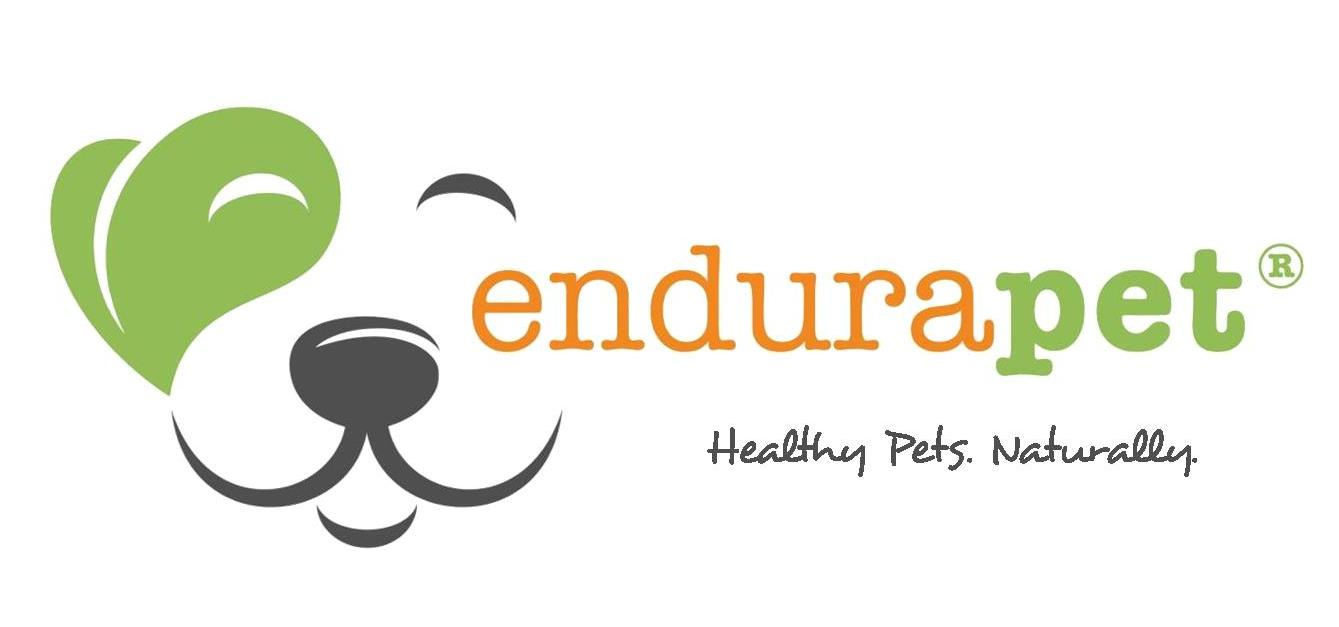
The beneficial effects of raspberry seed extract, or ellagic acid, allow pet owners to provide of one of the best pet supplements available for immune support, as well as feline and canine cancer treatment.
Although the benefits of raspberries may seem like a recent breakthrough in canine and feline cancer research, you may be surprised to learn that ellagic acid has been the subject of scientific inquiry since it was discovered by Henri Braconnot in 1831. We all know that nature provides us with many little miracles, so why is raspberry seed extract seen by some as one of the most important discoveries as a natural cancer fighter? Read on to see how you can have a significant impact on the health and immune strength of your family and your pets:
A Quick Primer - What Is Ellagic Acid?
Plants produce ellagic acid to protect themselves from microbiological infection and pests. Ellagic acid is a naturally occurring organic chemical found abundantly in various fruits, nuts and vegetables. By far the highest levels of ellagic acid occurs in red raspberries.
Ellagic acid is most commonly ingested in the form of ellagitannin. When ellagic acid combines with glucose, water-soluble compounds called ellagitannins are formed. Ellagitannins are easily digested by people and animals. This is excellent news for dogs and cats, epecially dogs and cats fighting cancer.
Red raspberries are a food source which contains a very high concentration of ellagitannin, measured at 1500 micrograms per gram of dry weight, compared to 630 mg/gm found in strawberries. The greatest concentration of ellagic acid occurs within the seeds, rather than the pulp of the berry. However, while feeding red raspberries to dogs and cats is a step in the right direction, it isn’t the most efficient way to get enough cancer fighting ellagitannins into your pet’s body. This is because the seeds are not broken down by the digestive process, thus this amazing immune booster for dogs and cats is not utilized through consumption of the berries.
Importance to the Pet Owner
Incorporating raspberry seed extract in your pet’s diet can have amazing effects. Extensive research studies on ellagic acid have been conducted, especially since the 1990’s, primarily in vitro studies and studies in laboratory animals, which indicates that ellagic acid is not only beneficial to healthy animals, but also to those suffering from certain stomach disorders, canine hip and joint problems, even canine diabetes. Ellagic acid has been shown to:
- Have anti-bacterial properties, proven to destroy the H. pylori bacteria often responsible for stomach ulcers
- Protect the liver and enhance liver function
- Act as an anti-inflammatory
- Aid in reducing glucose levels.
Even more amazing are the anticancer properties associated with ellagic acid:
- Chemically bind with carcinogens, and inhibit carcinogens from binding to DNA
- Stop cancer cells from dividing in 48 hours
- Cause normal cell death (apoptosis) within 72 hours in cases of breast, pancreas, esophageal, skin, colon and prostate cancers. In animal tests, raspberry extract reduced colon cancer growth by 80%.
- Prevent the destruction of the p53 gene that leads to cancer
An important consideration for those pursuing canine cancer treatment options: ellagic acid derived from ellagitannins is combined with glucose; as cancer cells consume about 15 times more glucose than other cells, cancer cells likely receive a greater share of ellagic acid, as well.
Other Applications for Ellagic Acid

In addition to the many benefits of ellagic acid for pets with cancer, ellagic acid is used for many other applications. Because it retains its potency after heating, freezing and concentration processing. Its anti-oxidant properties have found many applications in bio- and food chemistry. Addition of ellagic acid to cereal products has naturally extended the shelf life of this product, and raspberry seed oil has applications as a natural sunscreen, providing an SPF range which rivals zinc oxide and other commonly used sun protectants. Medical studies conducted in Europe have indicated that ellagic acid can lower the incidence of birth defects, promote wound healing, reduce heart disease, and may reduce or reverse chemically induced liver fibrosis. A Canadian study published in Food Chemistry states: The unique fatty acid composition, high tocopherol content and quality and hence high protection against oxidative stress, relatively good shelf life, and other desirable physicochemical characteristics indicate potential uses of raspberry seed oil in food, pharmaceutics, cosmetics, and other nonfood industries. The microconstituents of raspberry seed oil with its rich array of phytochemicals, especially the omega-3 fatty acids and tocopherols suggest that it is a nutraceutical.
For the Consumer
When seeking natural dog supplements (and natural cat supplements, too!), be sure to look for labeling which adhere to Departments of Agriculture and FDA guidelines, and clearly state the amount of ellagic acid per dose.
As with the use of any supplement, the American Cancer Institute recommends caution when using ellagic acid, stating:
Some reports indicate it may affect certain enzymes in the liver, which could alter the way in which some drugs are absorbed. For this reason, people taking medicines or other dietary supplements should talk with their doctors or pharmacists about all their medicines and supplements before taking ellagic acid.
References
Dr Glen Halvorson, Chemopreventive Properties of Phytochemicals: Featuring Ellagic Insurance Formula (Exploring Nutritional Antioxidants As Cancer Preventive Substances), Weltek, Inc, 2000.
Lipińska, Lidia, Klewicka, Elżbieta, ł Sójka, Micha. Structure, Occurrence, and Biological Activity of Ellagitannins: a General Review. Acta Sci. Pol., Technol. Aliment. 13(3), 289-299, 2014.
Perchellet JP et al. Antitumor-promoting activities of tannic acid,ellagic acid, and several gallic acid derivatives in mouse skin. Basic Life Sci 59:783-801, 1992.
Constantinou A et al. The dietary anticancer agent ellagic acid
is a potent inhibitor of DNA topoisomerases in vitro. Nutr Cancer 23(2):121-30, 1995.
Teel RW. Ellagic acid binding to DNA as a possible mechanism for its
antimutagenic and anticarcinogenic action. Cancer Lett 30(3):329-36, 1986.
Stoner, G. D. and Mukhtar, H. Polyphenols as cancer chemopreventive agents. J. Cell. Biochem., 59: 169–180. doi: 10.1002/jcb.240590822, 1995.
Related Reading:
http://www.endurapet.com/pages/immune-support-formula
http://pubchem.ncbi.nlm.nih.gov/summary/summary.cgi?cid=5281855#x94
http://www.lef.org/abstracts/codex/ellagic_acid_abstracts.htm

1 comment
We started EnduraPet about 5+ years ago when my sister in Denver had found your Co. and I started with Mobility for our 5 yr. SharPei, and then added multi-daily which has helped our dog, His name is LiCheng and he turned 10 yr. old yesterday.
He has had IBD for years; his siblings and father/grandfather died of this. We have worked hard, and about a month and a 1/2 ago he became VERY SICK;Vomit & diarrhea not able to hold food. He lost about 10 lbs. and our vet (from Iowa State Univ) recommended a UltraSound test. The results were not what they wanted to see and horrible for us. He has prednisone 2X a day, and pill to calm stomach and diarrhea. He is eating calm canned science diet; 2 reg. meals a.m and p.m. in between 3 small snacks to enable to hold the food and digest is. We boil chicken breast, scrambled eggs, cottage cheese in all small amounts, 1t. He is still happy, drinking lots of water & pedialyte. I make chicken broth at home. Your product has made his life better markedly. I was going to call, but decided it would be best to look online (instead of crying on the phone)I found the immunity,late, but will NEVER make that mistake again. He has been the best pet and still will be with us until he tells us it is time for him to leave. We will rescue a shar pei from TennesseeSharPei rescue for our new addition in awhile,and continuing use your products forever. Thank you